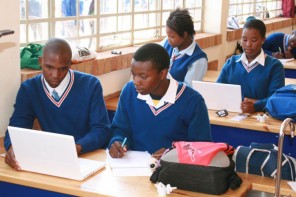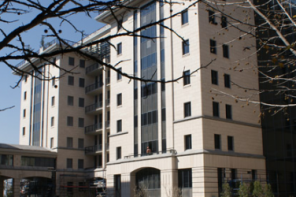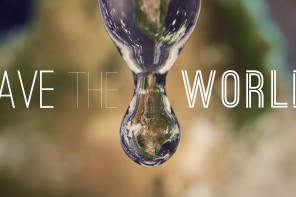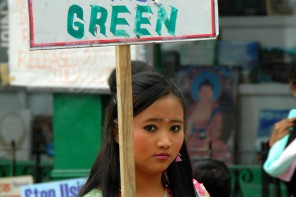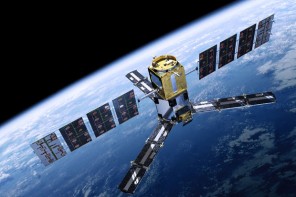Ethiopia has vast hydropower potential which the country’s government plans to harness with an ambitious plan building project. The plans have drawn criticism from a number of sources, including Egypt who is concerned about the impact the project will have on their historic water rights.
Ethiopia has been plagued by power outages and only a small percentage of the citizens have access to electricity. The hydropower project is designed to correct these problems and include plans for three hydropower plants which will produce an estimated 1.18GW. The project got underway in May 2010, with construction of the largest plant in Beles, in the Nile River basin. The facility will be known as the Grand Millennium Dam of Ethiopia. Five more large dams are in the pipeline and a long term goal is to eventually export power to the surrounding African countries of Egypt and Sudan.
The project has been fraught with issues since its inception. The costs are expected to be substantial ($4, 7 billion) and large numbers of people will need to be resettled. Ethiopia has a sediment contamination problem with erosion reducing the overall lifespan of reservoirs, so this will need to be addressed. Concern has also been raised about the potential over-reliance on hydroelectricity and possible damage which may be caused by drought and earthquakes.
Six of the surrounding countries (Ethiopia, Burundi, Uganda, Rwanda, Tanzania and Kenya) have signed an agreement regarding the right to utilise water from the Nile, which has undermined Egypt’s objectives that it maintains a veto right over the river’s supply due to treaties signed in the 1920’s and 1950’s. Egypt argues that it was not consulted on the project and will continue to vehemently protest the project. The Nile Basin Initiative intends to continue with the river diversions without the consent of down-river countries such as Egypt. Tensions remain high in the region.
The United Nations has waded in and added their criticism and concerns about the negative effects of the massive dam projects. They have called for work to be halted until such time as all possible effects have been determined. The UN is also concerned about the impact the construction will have on Lake Turkana, which is a UNESCO Heritage Site on the Kenyan Ethiopian border. A western rights group, International Rivers, has said that the project will cause widespread environmental and social problems and will affect approximately half a million people in Kenya.
Ethiopia has defended the project, highlighting the overwhelming needs of their poverty stricken citizenry and adding that the project is environmentally friendly.


